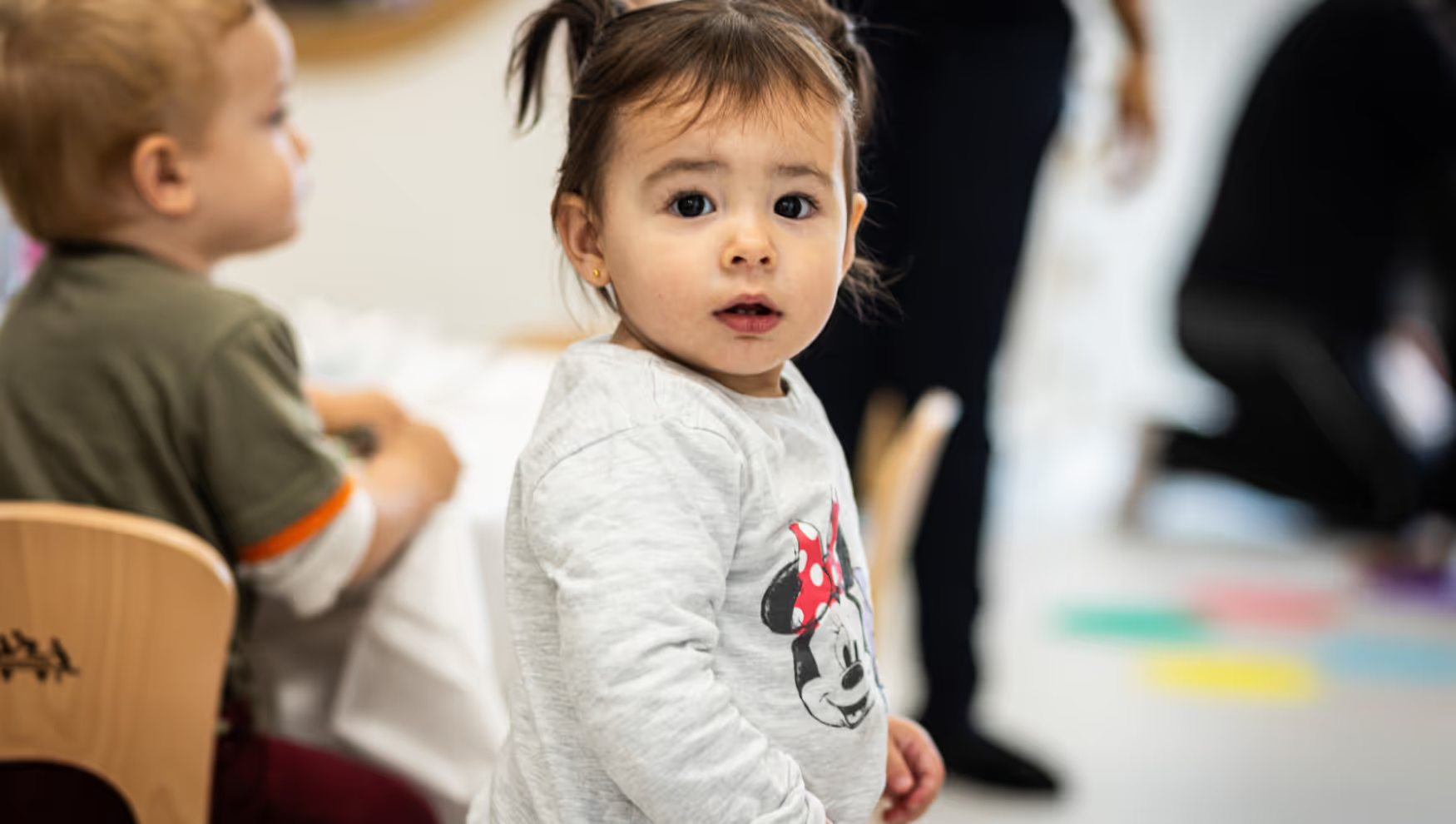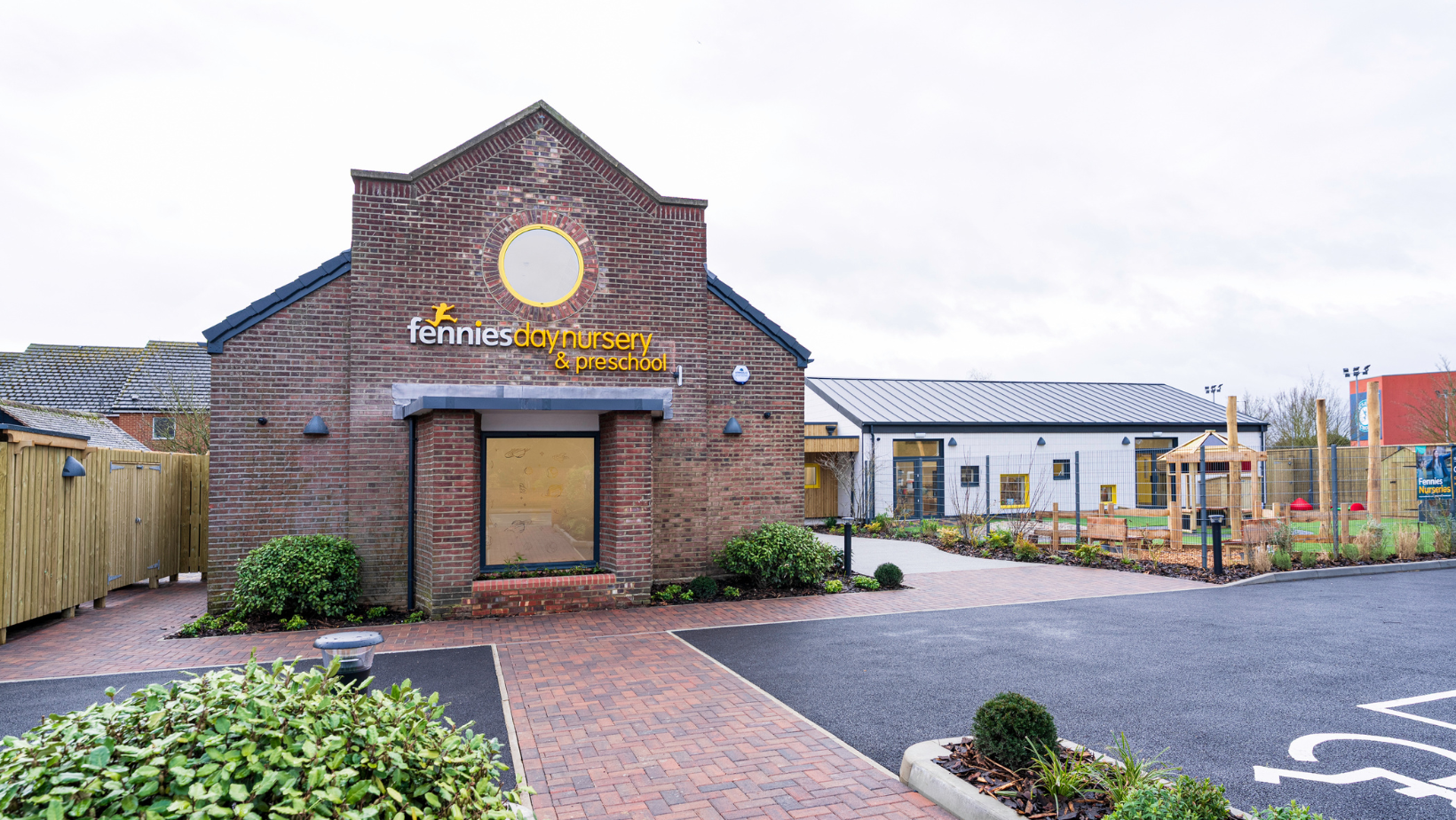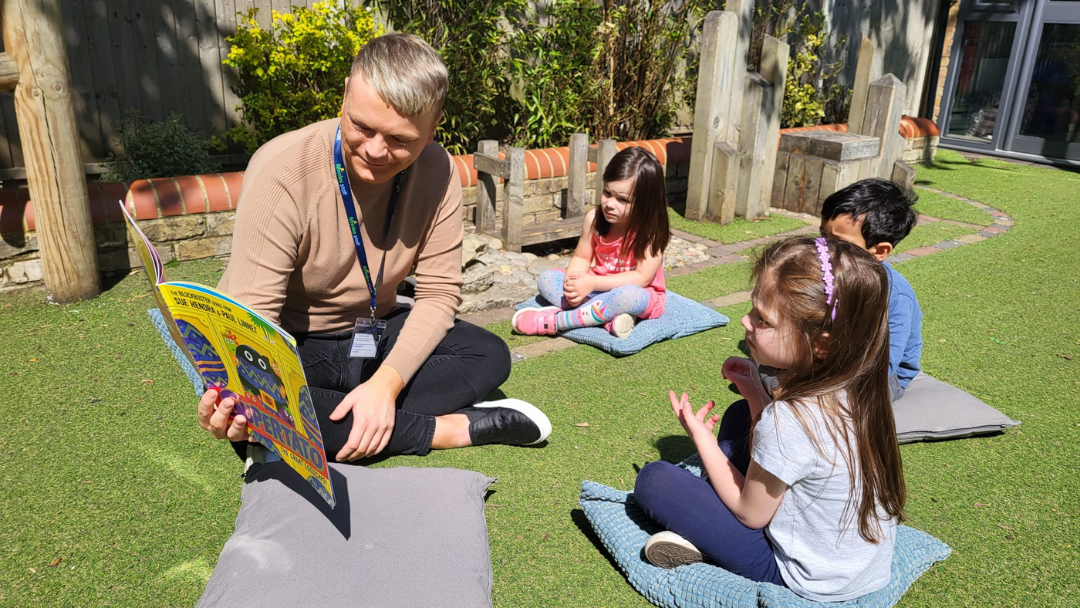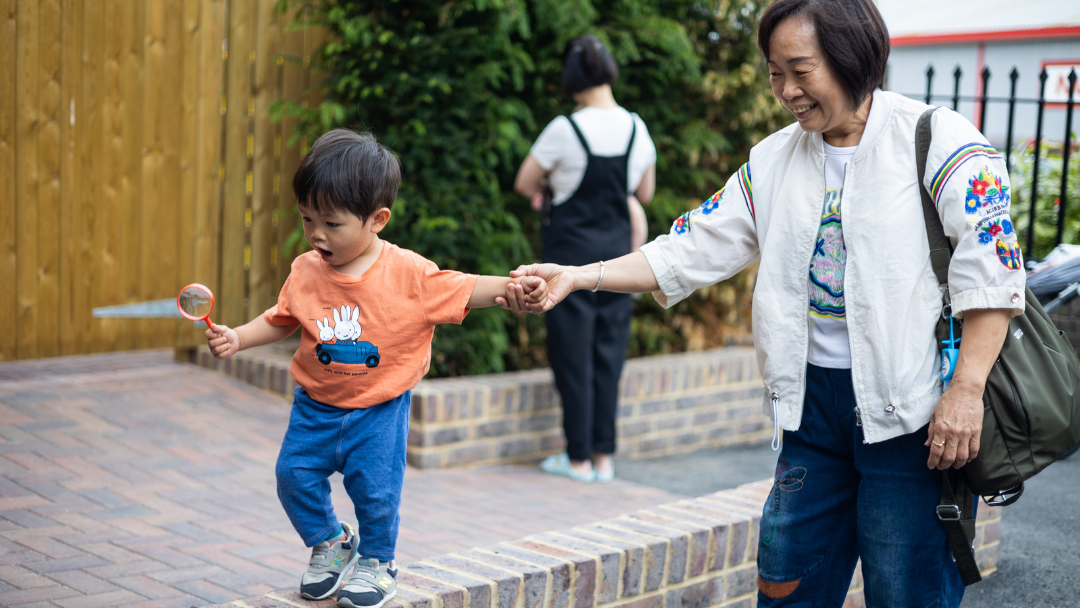Emotional development in early childhood refers to the growth and maturation of a child's ability to understand and manage their emotions. It encompasses the development of emotional intelligence, empathy, self-awareness, and the ability to form healthy relationships. Understanding emotional development is crucial for parents, caregivers, and educators as it lays the foundation for children's overall well-being and success in life.
- Understanding Emotional Development
- Stages of Emotional Development in Children
- Factors Influencing Emotional Development
- Identifying Healthy Emotional Development
- Promoting Emotional Development in Early Childhood
- Role of Educators in Enhancing Emotional Development
- Conclusion
Understanding Emotional Development
Emotional development is a complex and intricate process that begins from birth and continues throughout childhood. It involves the gradual acquiring of emotional skills, such as recognising and labelling emotions, understanding others' emotions, and effectively expressing and regulating one's own feelings.
Definition of Emotional Development
Emotional development can be defined as the progressive growth of a child's emotional capabilities and understanding over time. It includes the development of emotional awareness, emotional control, emotional literacy, and emotional competence.
Importance of Emotional Development in Early Childhood
Emotional development in early childhood plays a fundamental role in shaping a child's overall development and future well-being. Studies have shown that children with strong emotional skills are more likely to have better mental health, higher academic achievement, and healthier social relationships as they grow older.
During the early years, children undergo significant brain development, particularly in areas associated with emotional regulation and social interactions. Therefore, it is crucial to provide children with nurturing and supportive environments that promote the healthy development of their emotional skills.
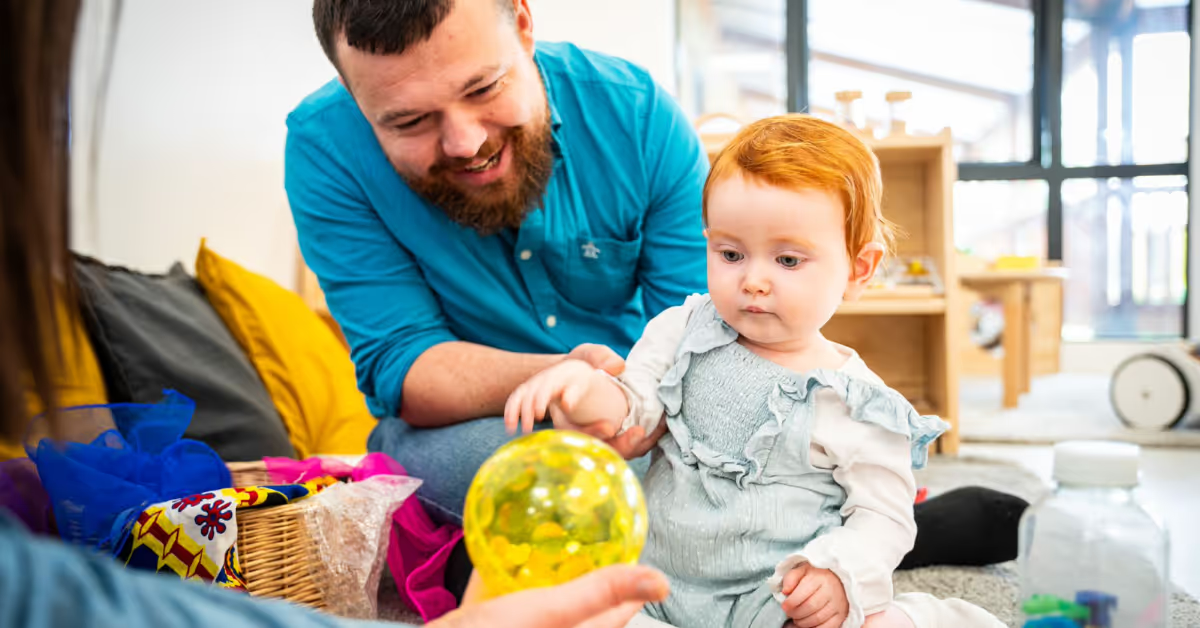
Stages of Emotional Development in Children
Infancy Stage
The infancy stage, from birth to around 12 months, is characterised by the formation of emotional bonds between infants and their primary caregivers. At this stage, infants start to develop basic trust and begin to rely on their caregivers to meet their emotional needs. They also begin to express their emotions through facial expressions, sounds, and body movements.
Parents can support emotional development during infancy by responding to their baby's cues and providing a safe and nurturing environment. This includes offering physical affection, talking to the baby, and being attentive to their needs.
Toddler Stage
The toddler stage, which typically spans from 1 to 3 years old, is a time of significant emotional growth and exploration. Toddlers begin to develop a sense of autonomy and independence, which can lead to frequent displays of strong emotions, such as tantrums and defiance.
During this stage, it is important for parents and caregivers to help toddlers navigate their emotions by setting limits, offering guidance, and teaching appropriate ways to express their feelings. Creating a consistent and supportive environment helps toddlers develop a sense of security and emotional resilience.
Preschool Stage
The preschool stage, from 3 to 5 years old, is characterised by increased social interactions and the development of more complex emotions. Children at this stage start to show empathy and begin to understand others' emotions. They also develop essential social skills, such as sharing, taking turns, and cooperating with peers.
Parents and educators can support emotional development during the preschool stage by promoting positive social interactions and providing opportunities for children to express their emotions through creative play, storytelling, and art. Encouraging emotional literacy and teaching problem-solving skills also play a vital role in healthy emotional development.
Factors Influencing Emotional Development
Role of Parents in Emotional Development
Parents play a crucial role in shaping their children's emotional development. By providing a secure and loving environment, parents can foster emotional security and promote the healthy expression and regulation of emotions in their children. This involves nurturing strong parent-child relationships, actively listening to children's feelings, and validating their experiences.
Furthermore, parents can model positive emotional behaviour by effectively managing their own emotions and demonstrating empathy towards others. This helps children learn appropriate ways to express and regulate their own emotions.
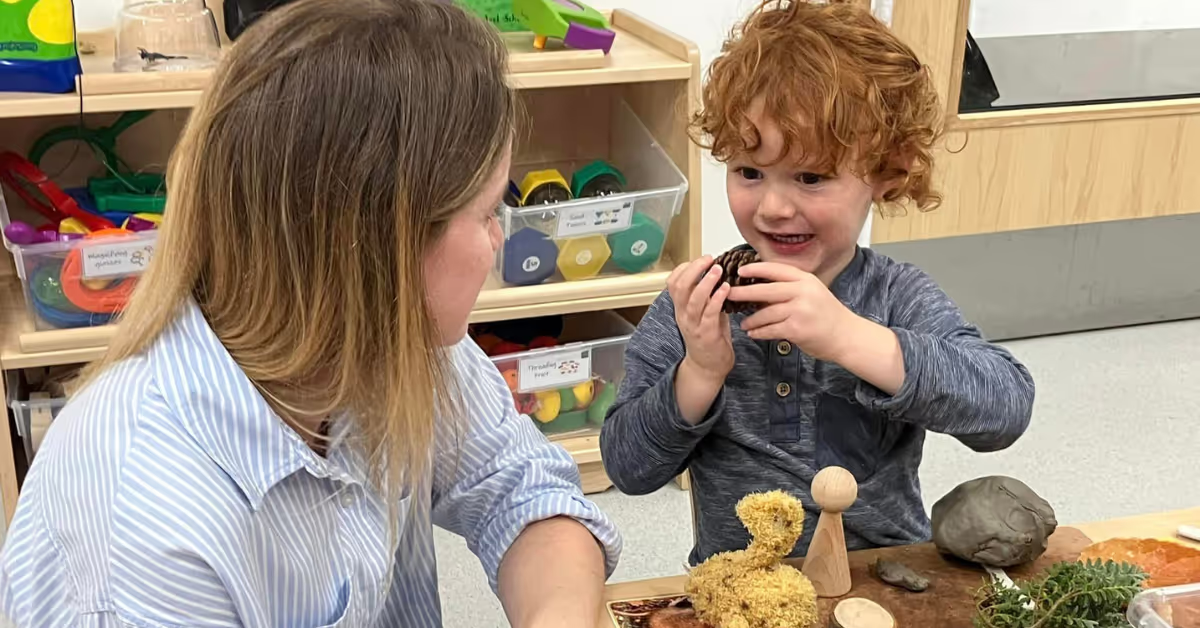
Impact of Environment on Emotional Development
The environment in which a child grows and develops greatly influences their emotional development. A positive and nurturing environment, filled with supportive relationships and opportunities for social interaction, fosters emotional well-being and resilience. On the other hand, a chaotic or stressful environment can hinder healthy emotional development.
Creating an environment that values emotional expression, provides clear boundaries, and encourages open communication is essential for supporting children's emotional growth and well-being.
Identifying Healthy Emotional Development
Signs of Positive Emotional Development
Positive emotional development can be recognised through various signs. Children who demonstrate healthy emotional development typically have the ability to identify and understand their emotions, express themselves effectively, and display empathy towards others. They are also able to adapt to change, handle stress, and build positive relationships with peers and adults.
Furthermore, children with healthy emotional development tend to exhibit a positive self-image and demonstrate resilience in dealing with challenging situations.
Red Flags in Emotional Development
While children develop at their own pace, it is important to be mindful of potential red flags that may indicate a delay or difficulty in emotional development. These red flags may include persistent difficulty in identifying or expressing emotions, extreme emotional outbursts, overly aggressive or withdrawn behaviour, and an inability to form meaningful relationships with peers or adults.
If such red flags are observed, it is advisable to consult a healthcare professional or seek guidance from a qualified specialist who can assess the child's emotional development and provide appropriate interventions if necessary.
Promoting Emotional Development in Early Childhood
Strategies for Parents
Parents can actively support their children's emotional development by incorporating the following strategies:
- Creating a warm and nurturing environment that promotes open communication and emotional expression.
- Listening actively to their children's feelings and concerns without judgement.
- Setting clear and consistent boundaries to provide structure and security.
- Teaching problem-solving skills and offering guidance in managing emotions.
- Encouraging the development of empathy and compassion towards others.
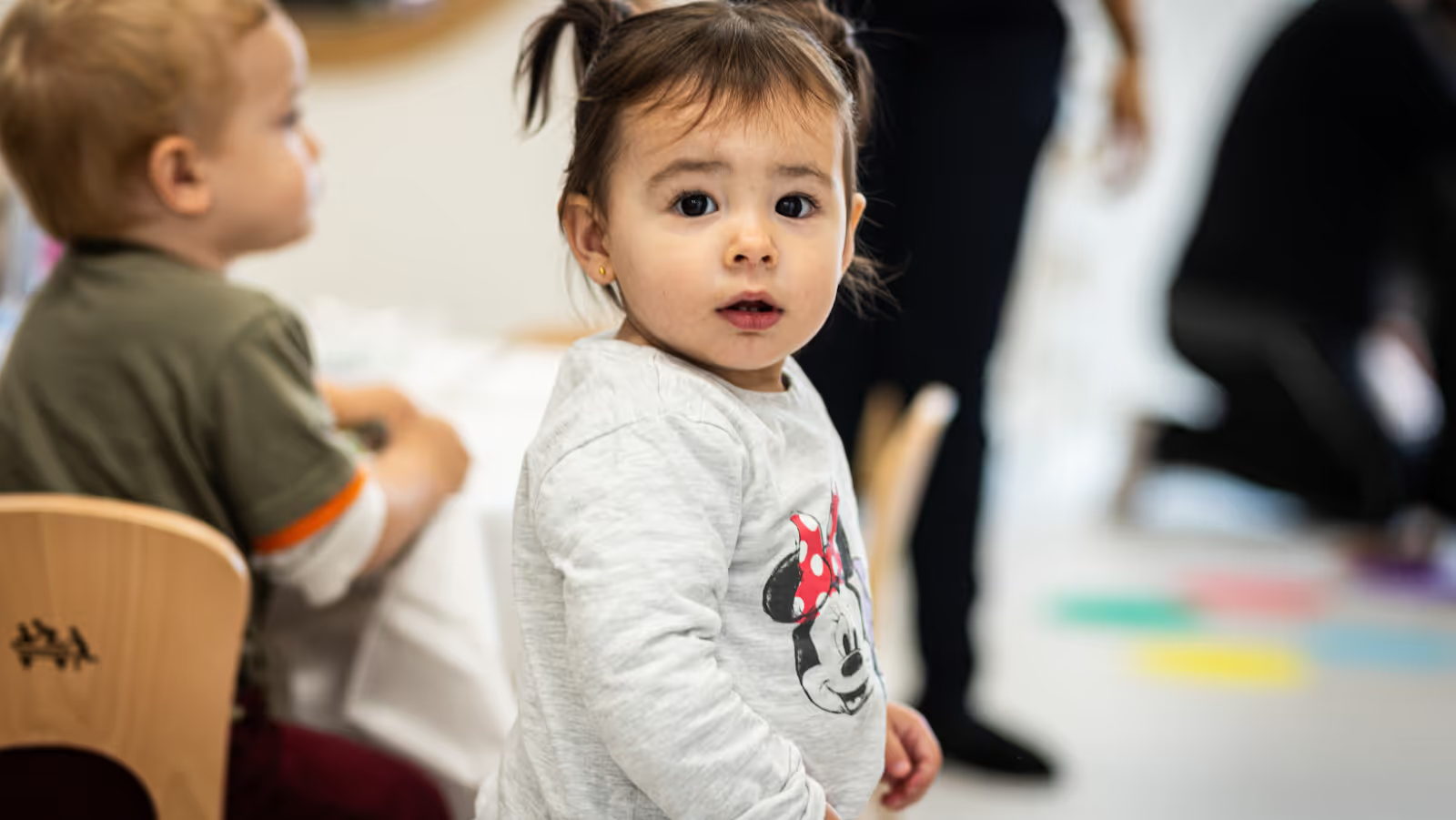
Role of Educators in Enhancing Emotional Development
Educators also play a vital role in fostering emotional development in early childhood. Nurseries and other facilities can contribute to children's emotional well-being by implementing the following strategies:
- Creating a safe and inclusive classroom environment that promotes positive social interactions.
- Teaching emotional literacy and providing opportunities for children to express and regulate their emotions.
- Encouraging cooperative play and problem-solving activities that promote empathy and social skills.
- Developing strong relationships with children, offering guidance, and serving as positive role models.
- Collaborating with parents and caregivers to ensure a holistic approach to supporting emotional development.
Conclusion
In conclusion, emotional development in early childhood is a crucial aspect of a child's overall well-being and future success. By understanding the stages of emotional development, recognising the factors that influence it, and implementing strategies to promote healthy emotional growth, parents and educators can provide children with the necessary tools to navigate their emotions, form positive relationships, and thrive in all aspects of life.
At Fennies, we place a strong emphasis on supporting the emotional development of children by creating an environment where they feel safe and secure. This begins with fostering secure attachments between children and their key persons, as well as familiarising them with their new surroundings. Our educators invest time and care into building these foundational relationships, ensuring that children feel comfortable and confident in their environment.
As children progress, we continue to nurture their emotional growth through sensitive interactions and by validating their feelings and emotions. Key carers are trained to recognise and respond to the various ways children express themselves, whether it be verbally, through play, role play, or the use of books. This attentive approach allows us to support children in understanding and communicating their emotions, equipping them with the confidence to express how they feel.
We also emphasise the importance of building trusting relationships with parents. When children see that their parents trust our staff, they are more likely to feel secure and open to forming their own trusting bonds.
With the multiple opportunities on offer, children learn about boundaries, relationships, and compassion through varied experiences. These experiences help them understand the world around them and develop the social and emotional skills necessary for healthy relationships.
Find out more about Fennies and our nurseries by clicking here.
FAQ
Subscribe to our newsletter
Stay up to date with Fennies news


